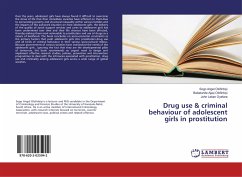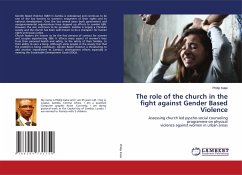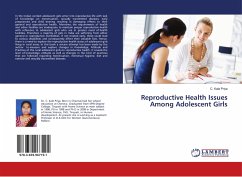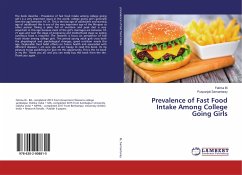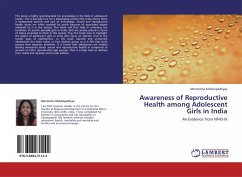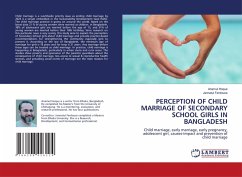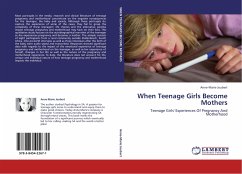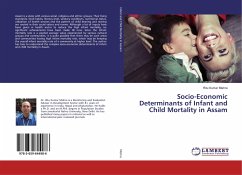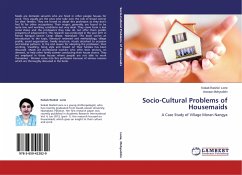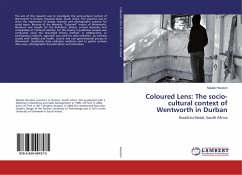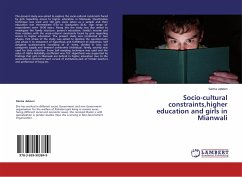
Socio-cultural constraints,higher education and girls in Mianwali
Versandkostenfrei!
Versandfertig in 6-10 Tagen
27,99 €
inkl. MwSt.

PAYBACK Punkte
14 °P sammeln!
The present study was aimed to explore the socio-cultural constraints faced by girls regarding access to higher education in Mianwali. Quantitative technique was used and 120 girls were taken as a sample and their education was Intermediate (F.A) to Graduation (B.A). Age range of respondents were 18-30 years. Along this the study was also aimed to investigate the family structure, parent's education, family's income and their relation with the socio-cultural constraints faced by girls regarding access to higher education. The present study was conducted in two phases. First phase of the study ...
The present study was aimed to explore the socio-cultural constraints faced by girls regarding access to higher education in Mianwali. Quantitative technique was used and 120 girls were taken as a sample and their education was Intermediate (F.A) to Graduation (B.A). Age range of respondents were 18-30 years. Along this the study was also aimed to investigate the family structure, parent's education, family's income and their relation with the socio-cultural constraints faced by girls regarding access to higher education. The present study was conducted in two phases. First phase of the study was aimed to develop the questionnaire and phase II to testament of hypothesis and fulfillment of objectives. Self designed questionnaire consisting of 31 items, divided in two sub categories supply and demand constraints (individual, family, society) was used for data collection. Snow ball sampling technique was used and the value of Alpha Reliability coefficient was 723. Hypothesis was supported by findings that girls in Mianwali are behind in higher education due to the sociocultural constraints such as lack of institutions,lack of female teachers and preference of boys etc.



